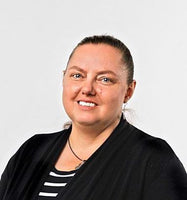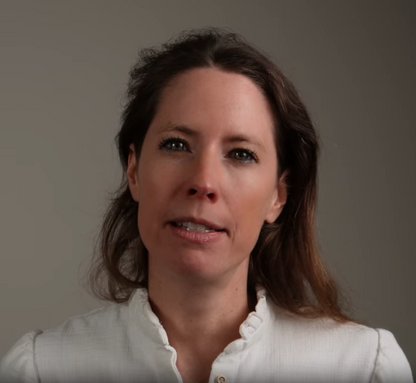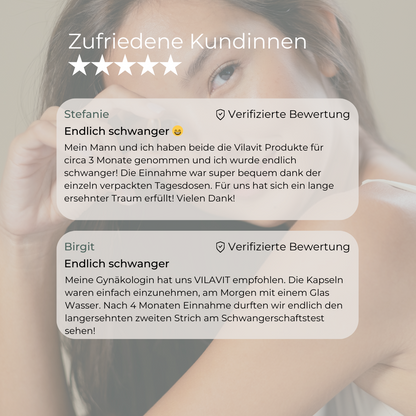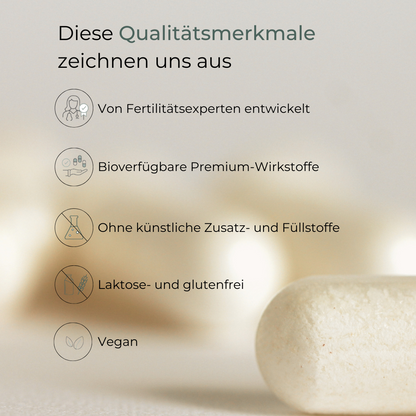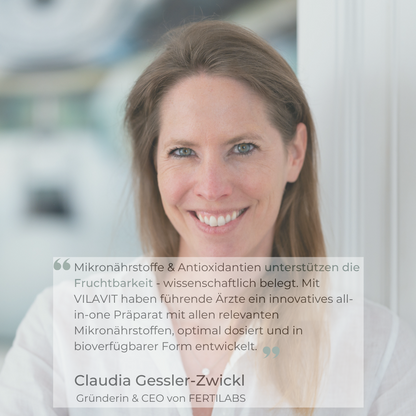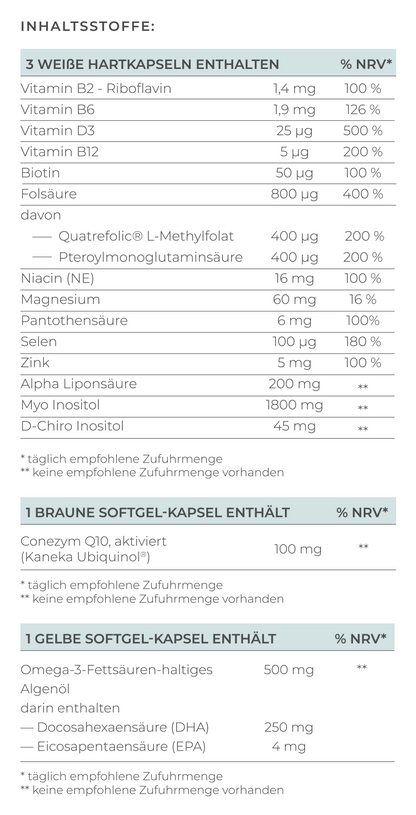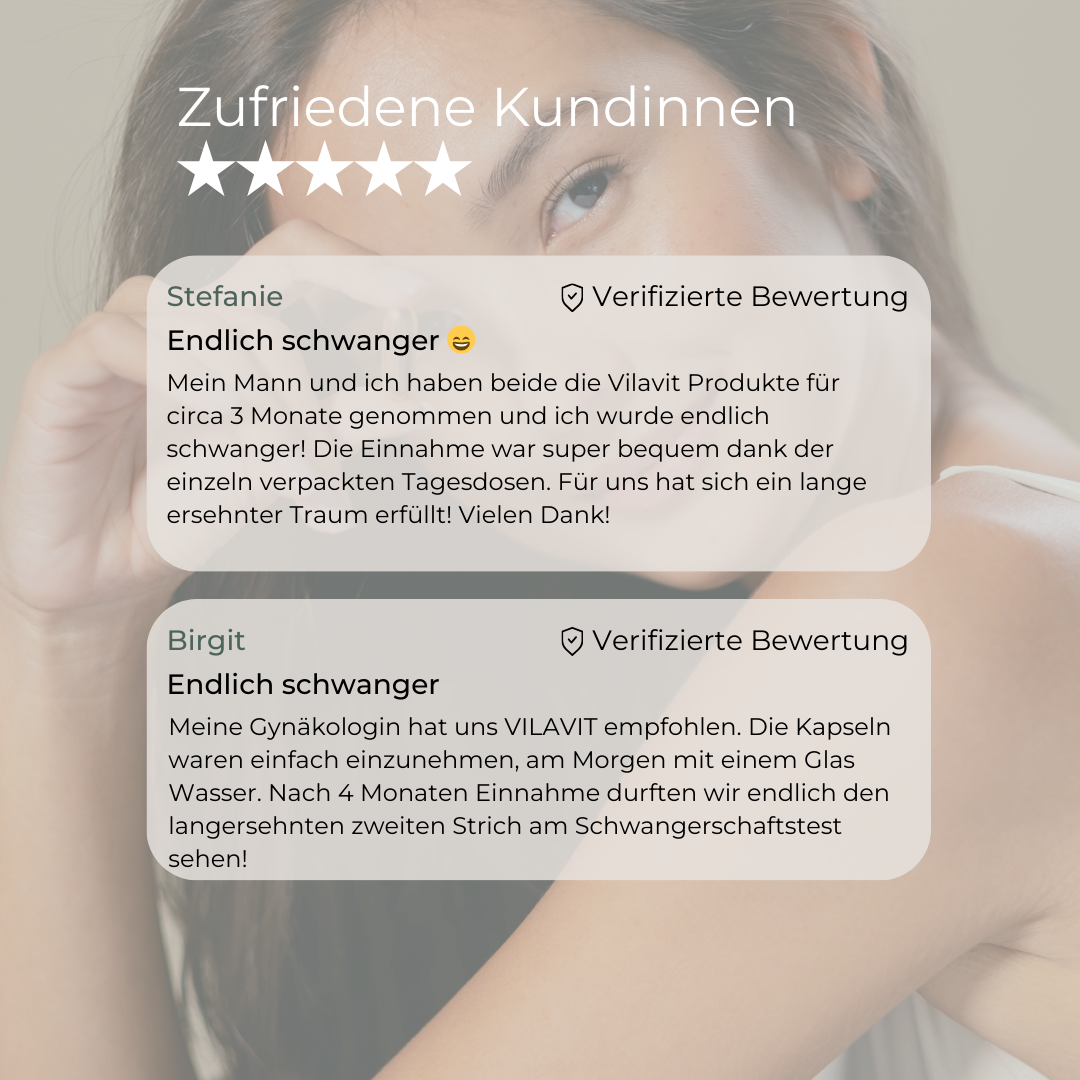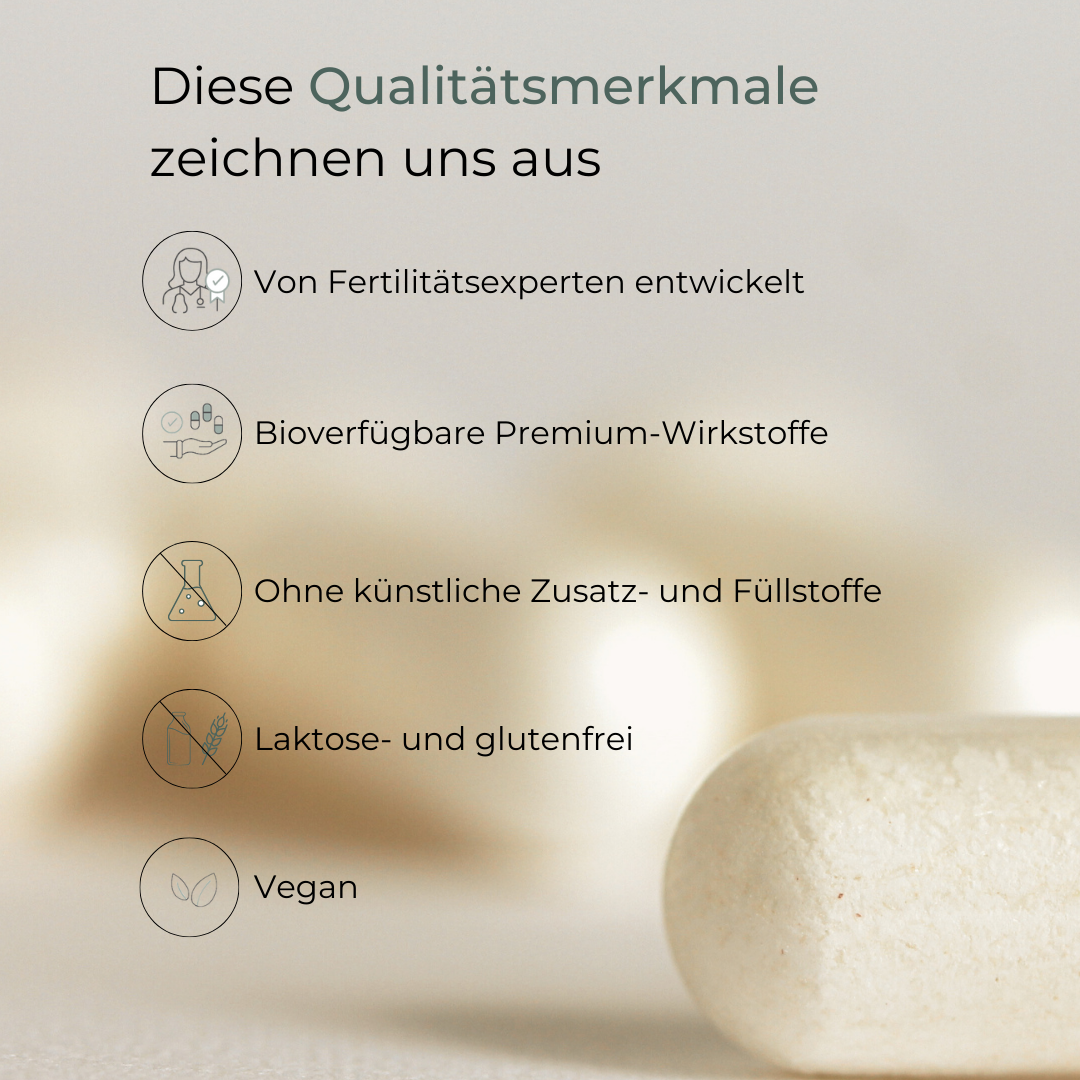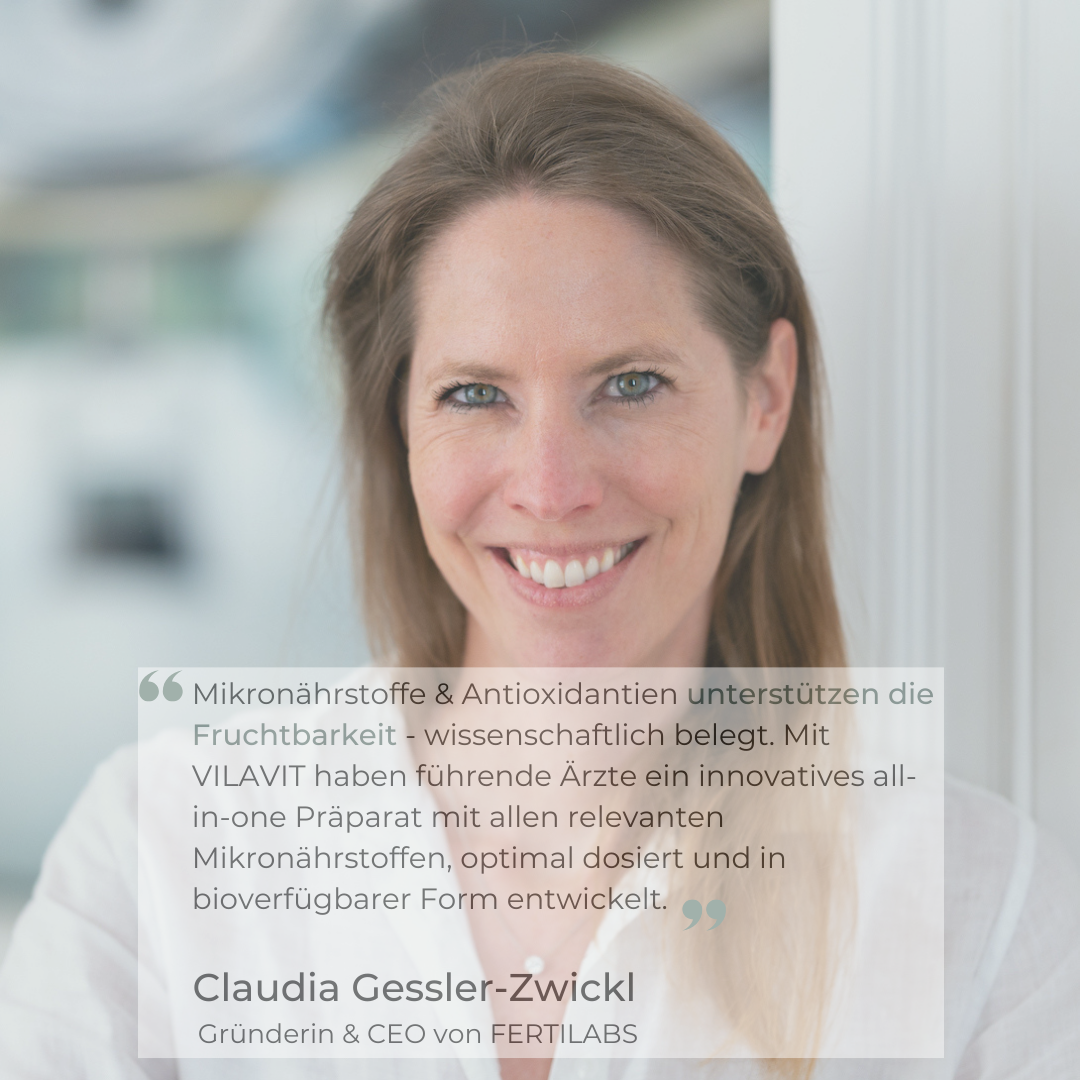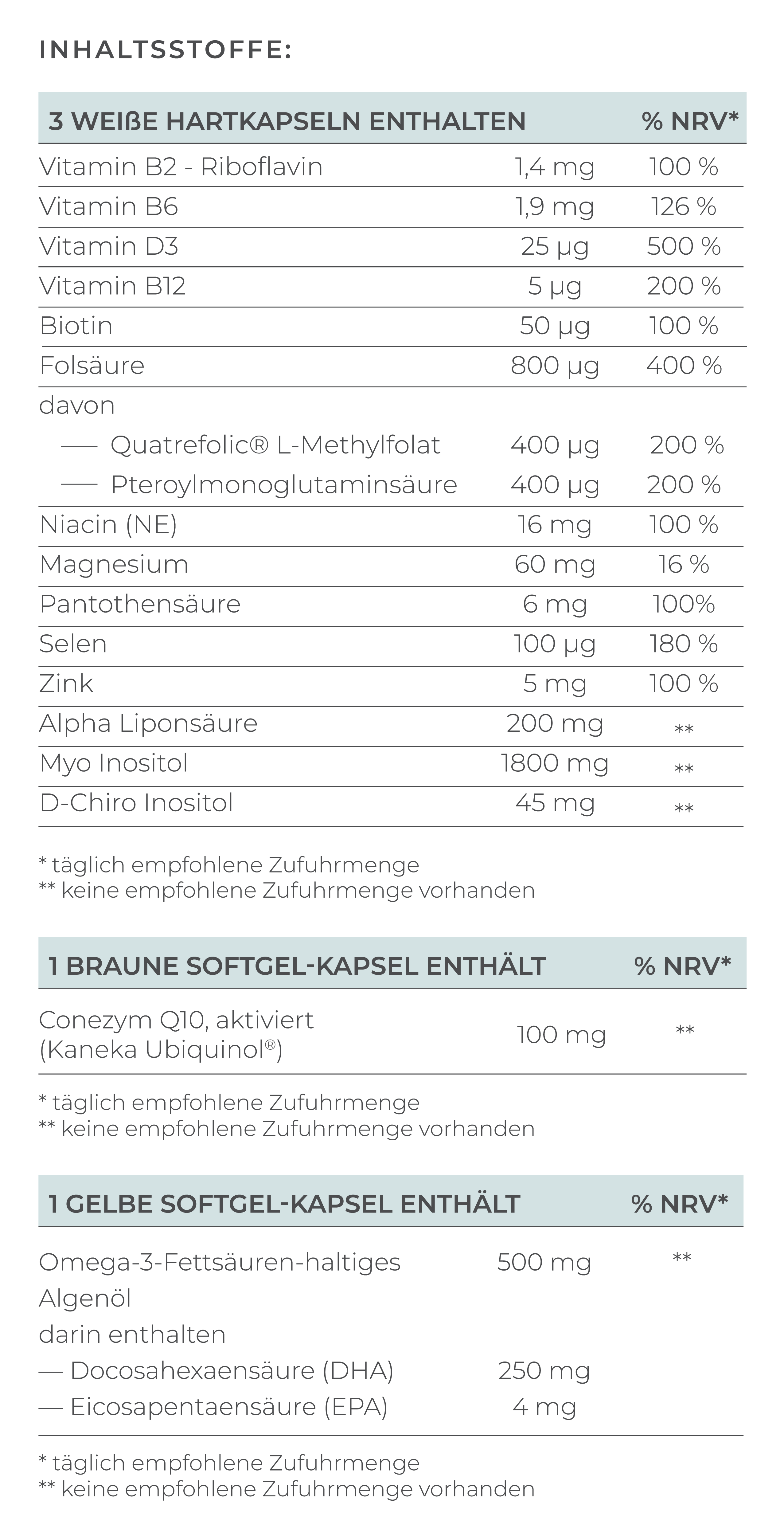Can you tell us how you came to the Verein Regenbogen and why this topic is personally close to your heart?
In 2006, I lost a son, Dominik, in the fifth month of pregnancy. Knowing that connecting with others who had gone through similar experiences would help me process my loss, I sought support and found it in the self-help group of the Verein Regenbogen.
The death of my son came without warning and was unexpected. In the beginning, I quickly realized which "friends" at the time were supportive and which were overwhelmed by the situation and avoided me. My partner at the time also struggled to cope with the loss, and this eventually led to our separation.
How has this experience changed your perspective on grief, hope, and support?
Not hiding away and allowing yourself the time to openly experience grief, and taking the time to integrate the loss into your life – this is the only way to continue living life as a positive person.
What is the main task of the association, and what specific services are offered to affected families?
Our main task is to help and support rainbow parents in their situation, whether through information (e.g., "What happened to me and which laws apply?"), counseling, research (e.g., "Where is my baby? Is it included in the next collective burial?"), and accompaniment in the form of individual counseling, support groups, craft afternoons, sewing meetings, attending collective burials at the baby cemetery, and public relations.
How do you see families supporting each other, whether online, at meetings, or in other ways?
We only offered online counseling during the first lockdown. In-person conversations, whether individually or in groups, are extremely valuable for rainbow parents and provide the feeling of "We are not alone!"
What are the most important things that parents and relatives find helpful during this difficult time?
Simply listening, being present, keeping one's own story in the background, and carefully sensing what kind of support is needed by the rainbow parents.
Have tissues within reach, allow enough time for the conversation, prepare the space, and offer something to drink and small comfort snacks.
How important is it for you to make the topic of rainbow babies more visible in society?
Making the topic visible with sensitivity, as it affects many couples, without confrontation – through public relations, for example, with a booth at the "Self-Help Day."
"Everyone grieves differently, everyone needs something different in that situation." Dare to ask what can help the couple right now. Simply being "there," cooking, helping with household tasks, or spending time with existing children to create "time for grieving."
Which moments in your work have particularly shown you that the association makes a difference?
Personal support during the collective burials at the baby grave field, held four times a year. Most parents who have lost a child weighing less than 500 grams are often the "unseen" mourners with the least support.
Is there anything you would like to share with other parents or families of rainbow babies?
Take the time you need! All feelings are allowed, including anger!
You don't always have to consider what others might be thinking



